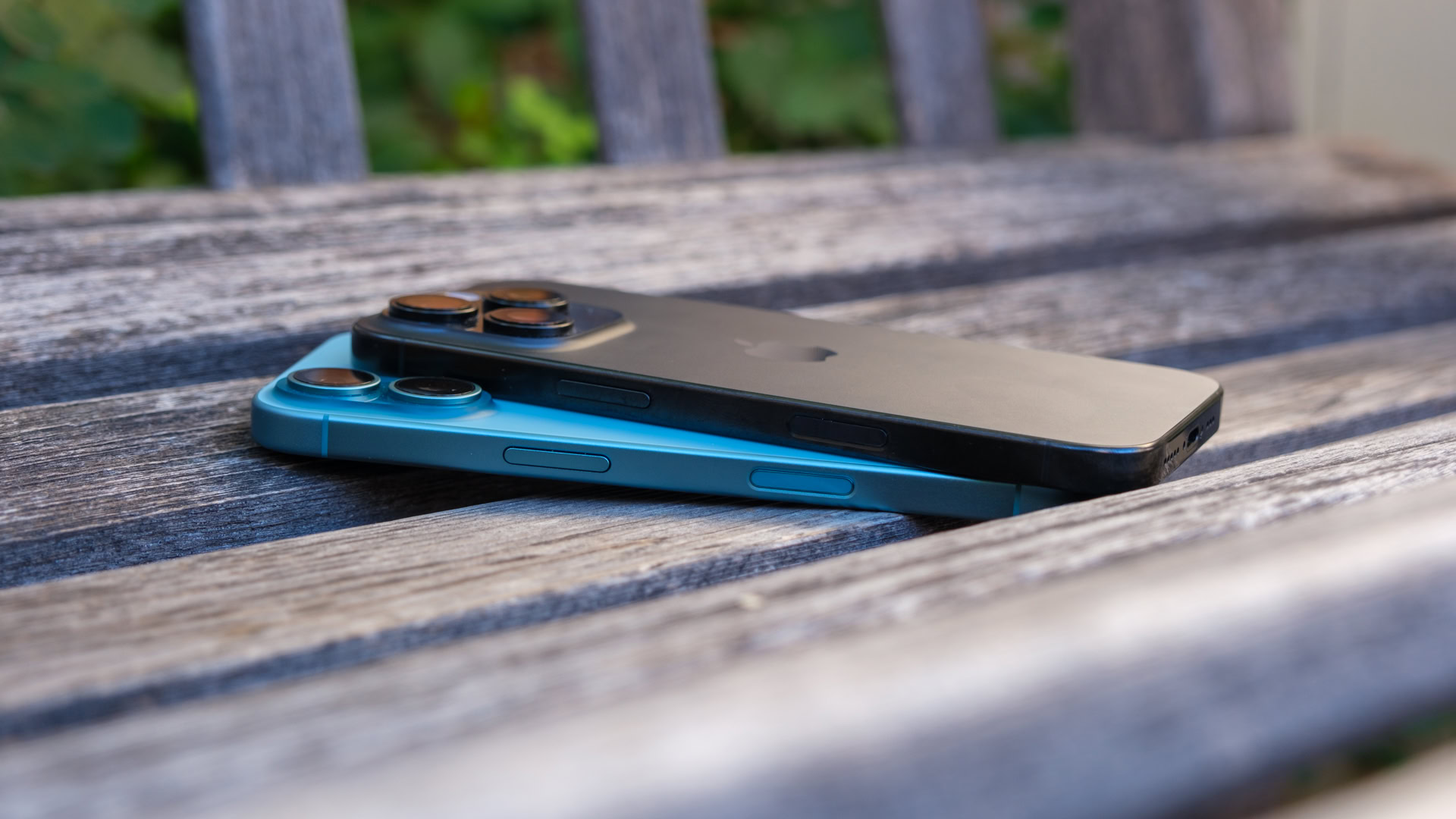Affiliate links on Android Authority may earn us a commission. Learn more.
Apple probably realized an iPhone subscription service is a bad idea
Published onDecember 19, 2024

- Apple reportedly started working on an iPhone hardware subscription service in 2022 but has now canceled the project.
- The service would’ve enabled participants to rent the latest iPhone models for a reasonable monthly fee.
- Customers can still join Apple’s iPhone Upgrade Program, which serves a similar purpose.
Back in 2022, Apple was rumored to be working on an iPhone subscription service. The program aimed to lend participants the latest iPhone models for a suitable monthly fee, payable over one or two years. Unfortunately for those eyeing it, this service appears to no longer be coming to fruition.
According to Bloomberg, “Apple Inc. has halted work on a project to build an iPhone hardware subscription service, […], retreating from an attempt to change the way consumers buy its flagship device.” Those not interested in paying the entire bill upfront can still opt for monthly installments via Apple Card or US carrier deals. Alternatively, they could opt for Apple’s existing iPhone Upgrade Program.
For those unfamiliar, the iPhone Upgrade Program lets members own the latest models annually for as little as $39.50 per month, payable over two years. Once the equivalent of 12 months has been paid, eligible users can trade in their existing model and upgrade to the newly released one. The bundle includes other perks, including AppleCare Plus coverage and not needing to commit to a single carrier. If you’re not upgrading yearly, you get to keep your iPhone once you complete the 24 installments.
Unlike the iPhone Upgrade Program, the canceled service would’ve presumably lent subscribers the newest flagships for a lower monthly fee. Customers would’ve essentially rented iPhones from Apple for as long as they paid and never actually owned the hardware. It could’ve potentially appealed to those with lower budgets or curious users who want to try iOS for a short period.
Based on the report, Apple canceled this project for the same reason it axed its in-house Pay Later service: stricter Consumer Financial Protection Bureau rules could’ve been applied, and the company sought to avoid increased scrutiny.